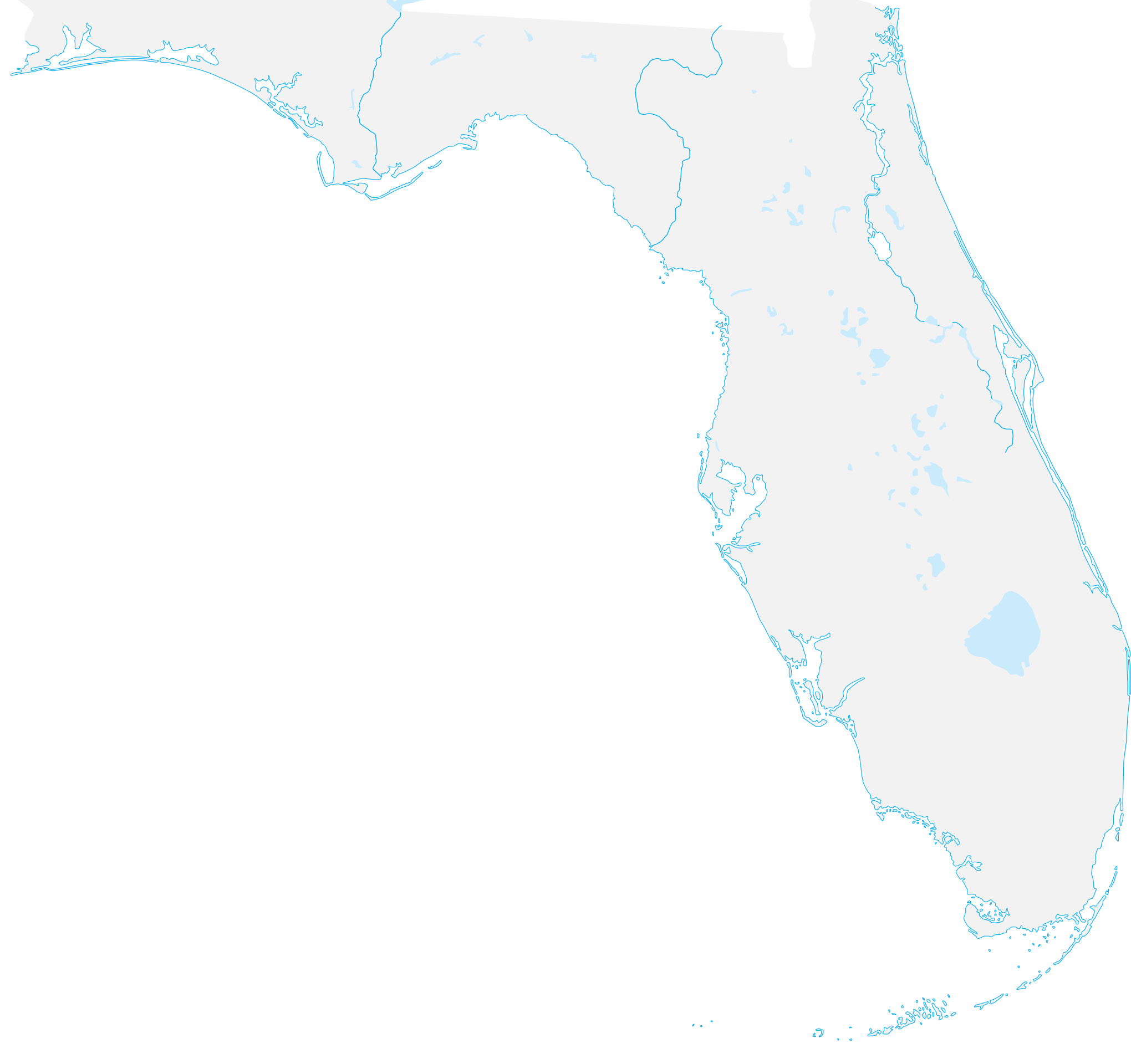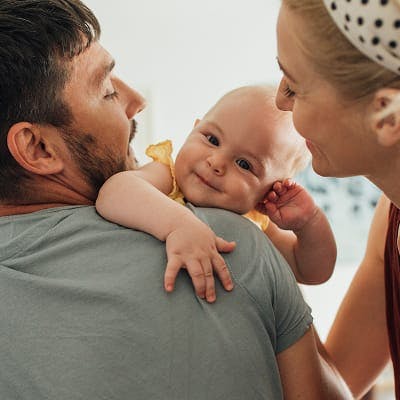Jan 21, 2026

1. No one can reliably guarantee that the undisclosed identities of parties in donor arrangements or adoptions will remain forever anonymous or undisclosed. While a matching program, a medical facility and related professionals can use best efforts to keep identities shielded, they have no control over the future behavior of a donor, intended parents, any resultant child or any relatives.
2. The pervasiveness of direct-to-consumer DNA testing kits and the ever expanding databases they maintain greatly increase the likelihood that a Donor Conceived Person (DCP) will find the donor, or that the donor will find the DCP. The same is true with adoptees.
3. Disclosure could be entirely inadvertent due to the actions of a relative utilizing a direct to consumer DNA kit.
4. Early disclosure to children then becomes a more compelling issue.
5. Consider choosing a donor who is open to contact by the DCP at the age of majority.
6. Ask any matching programs whether they are storing their data in any database or providing services to assist with any future contact.
7. Donor registry and other potential resources: a. Donor Sibling Registry https://www.donorsiblingregistry.com/ b. California Cryobank Sibling Registry https://www.cryobank.com/services/sibling-registry/ c. Information and support https://www.wearedonorconceived.com/resources-new/ d. Information and support: https://creatingafamily.org e. “Let’s Talk About Egg Donation”, by Marna Gatlin and Carole LieberWilkins (Book available Summer 2019) Twitter: @eggdonationbook and website www.letstalkabouteggdonation.com
8. Consider referencing the DSR in any agreement-not a requirement to join, but acknowledgement of its existence, suggest that intended parent clients offer to pay for donor’s registration.
9. Acknowledge the high possibility of inadvertent disclosure in any agreement in which the parties are not exchanging identities.
10. Resources for children: a. https://creatingafamily.org/infertility/suggested-books-for-adults-andkids/books-children-conceived-egg-donation/ b. https://creatingafamily.org/infertility/suggested-books-for-adults-andkids/books-children-conceived-sperm-donation/
11. Many states have adoption registries where information about adoptions, including identifying information, is housed. Depending on the state, it may be opt-in or opt-out format, but either way, the option may be available for future contact if the relevant parties agree. The following is a link to an article discussing each state’s law regarding access to adoption records: https://www.childwelfare.gov/pubPDFs/infoaccessap.pdf
12. In some states, adoptees retain the right to inherit from and through their biological parents. In these instances, future disclosure through DNA testing could have far reaching financial implications.











